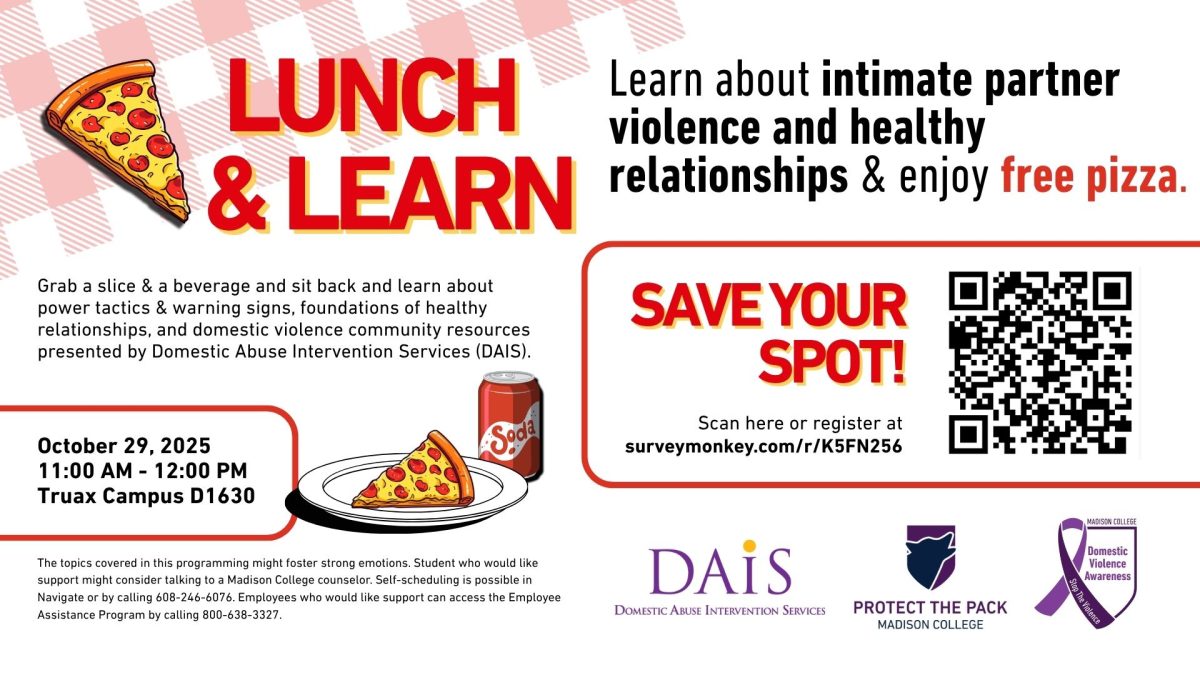We have all encountered at least one foreign student in our school, our communities, or our neighborhood. But, contrary to popular belief, not all foreign students are international students.
According to the USCIS, international students are non-immigrant foreigners who have temporarily arrived in the United States for school or work, while some foreign students are actually American citizens/residents and cannot be classified among the international students. Hence, the difference lies on the VISA term: permanent or temporary.In the school community, international students are a plus to have around because they bring in a perspective that enables the community to grow stronger.
International students come from countries of different backgrounds, cultures, and so their perspectives is different, which is something the American students benefit from by having home what they will travel miles and miles away to experience: a different outlook at life.
My observation is that Madison is one of the most diverse areas where you can ask an American if he/she knows the Ivory Coast and the person will answer “Cote d’Ivoire!,” the French name of Ivory Coast which says a lot about how the person might be aware of the country.
A while ago I interviewed Michael Kernan, an American student at the UW- Madison. I asked him if he came across foreign students and how that made a difference in his life, if any. He replied by telling me that obviously having friends from diverse countries enabled him to have a much more open mind.
I personally experienced American friends thanking me for the positive impact I have had in their lives as a student from Ivory Coast. I would have friends over for an African lunch or dinner; we would talk about issues in the world, which unintentionally helps the person grow.
Therefore, during those exchange programs not only the foreign students gain from the quality education they receive. The American educational system grows as well.
I like one quote from Koffi Annan, the seventh Secretary-General of the United Nations, who once said, “The best way to equipping young people with the skills they need to succeed in today’s interconnected world is through teaching and providing opportunities for people to learn through other cultures.”


























